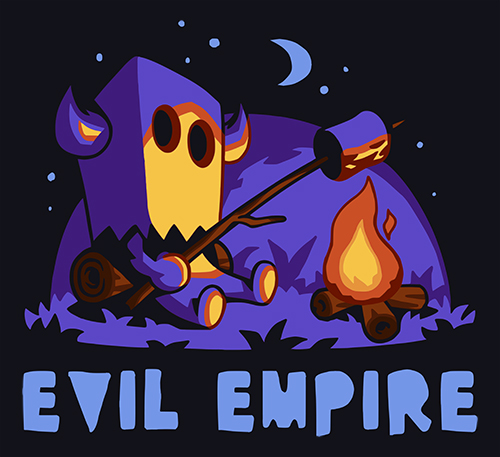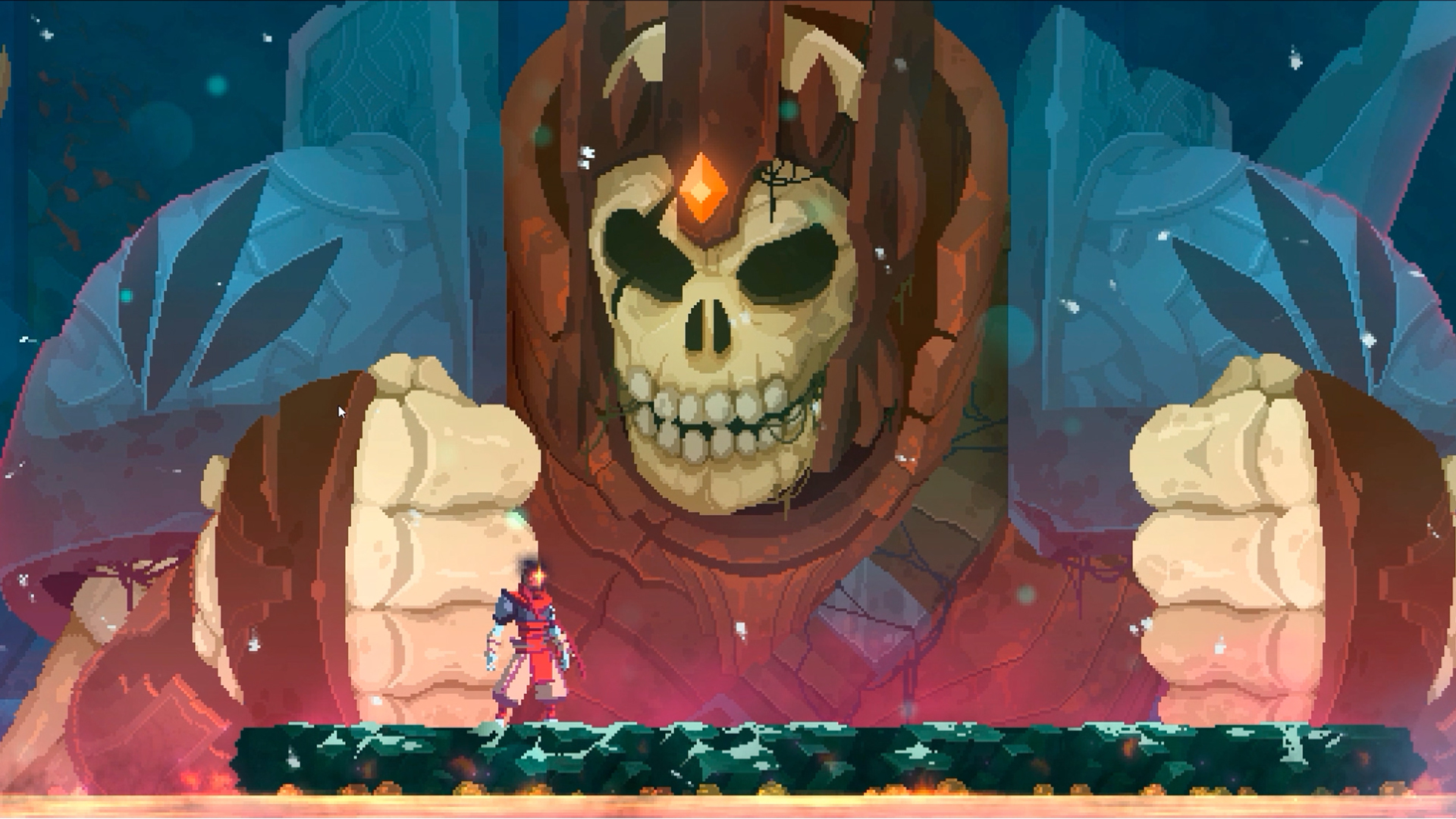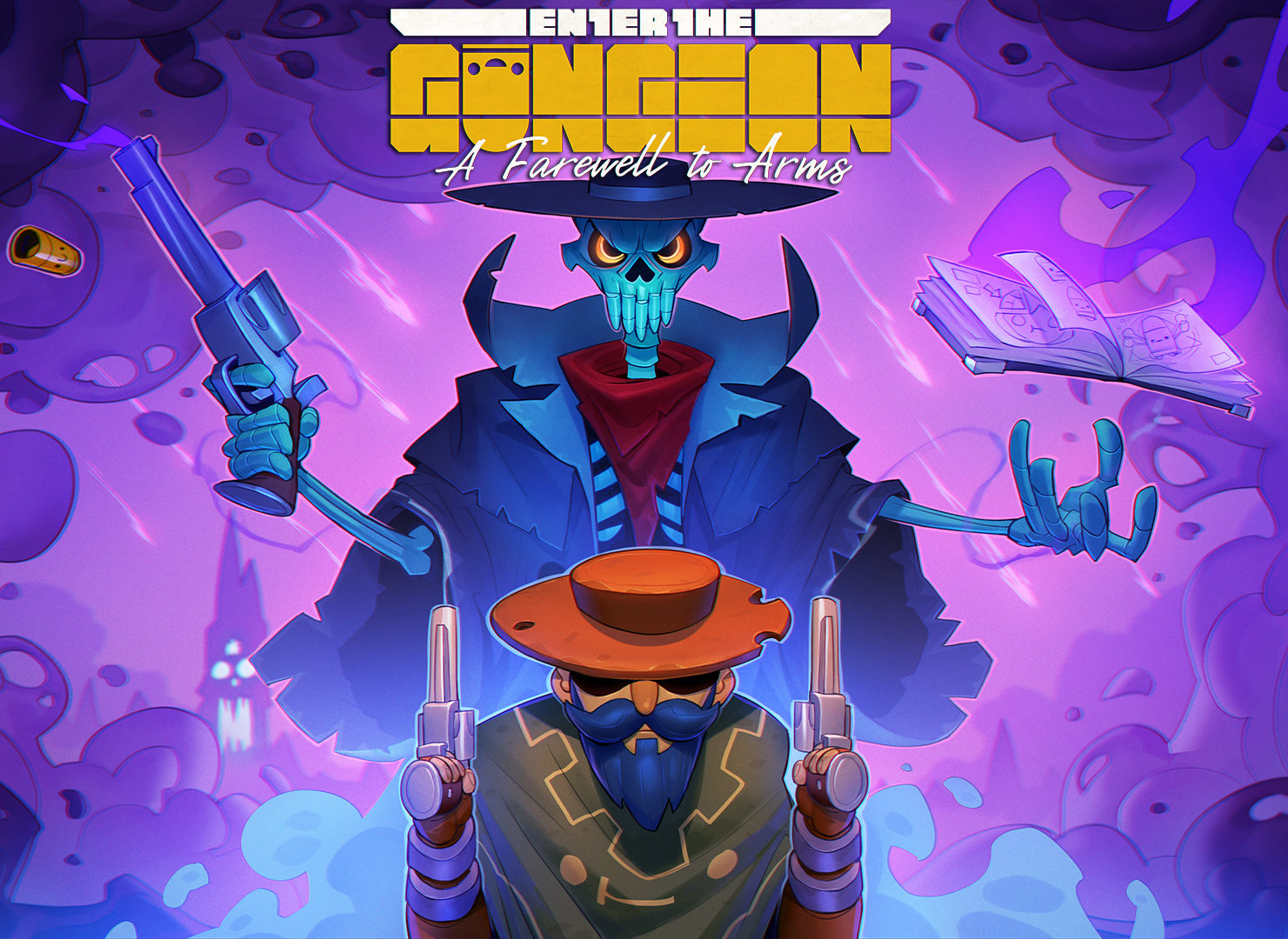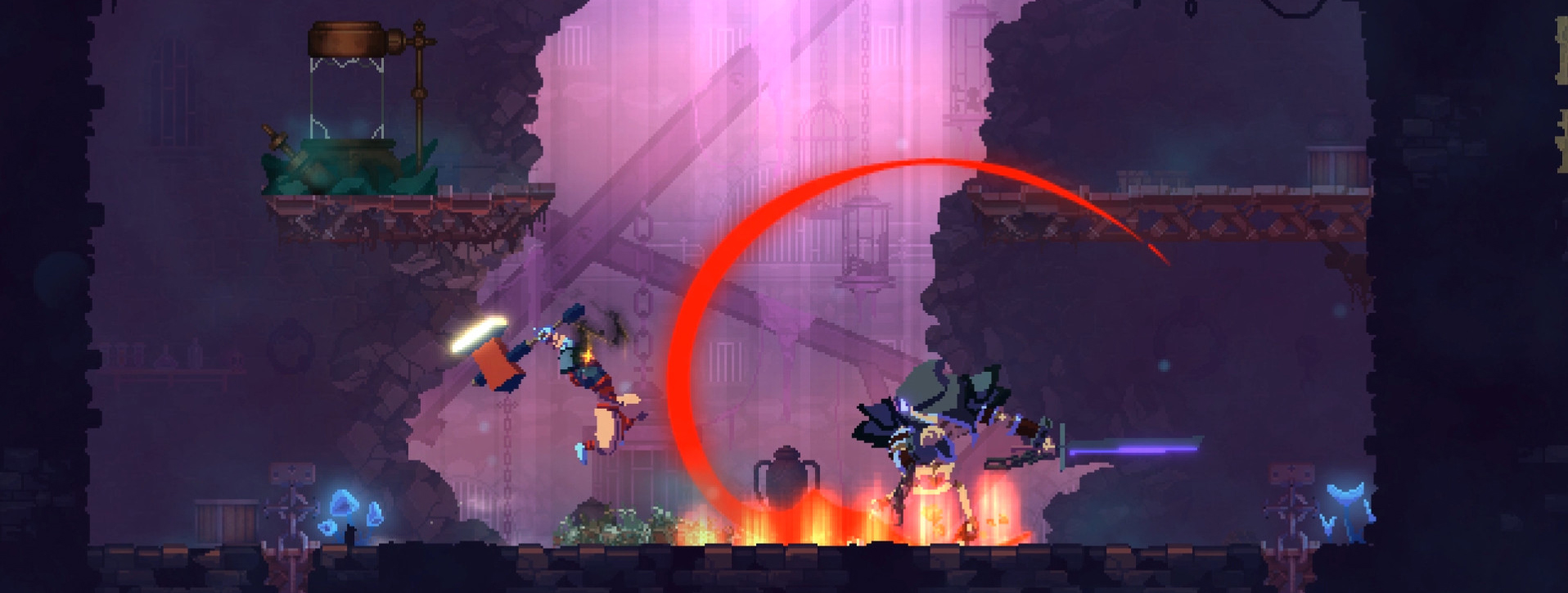What do you do when your game is too successful? That’s not a problem (if you can even call it that) faced by many in the ever-tightening world of games, where an increasing number of competently made or downright brilliant projects go relatively unrecognized. But for the French game studio Motion Twin, best known as the developers behind the mega-hit Dead Cells, it’s a conundrum that’s plagued staff meetings and after-work events alike.
“You know you’re doing fine when everybody is coming in at 8, 9 a.m. like they’re supposed to,” said Steve Filby, marketing manager and ostensible face of Motion Twin. “But once they start showing up at 10 or 11, you have to start asking, ‘Guys, what’s going on?’ Usually, once you get a few beers in them, the answer is, ‘We’re sick of working on this. We want to work on something else.’ And that’s really hard for them to say, because it’s their baby.”

Having to work on a successful and beloved game might sound like a strange thing to complain about, but for a game studio with a culture as uniquely independent as Motion Twin, it’s perhaps a bit less surprising. Born from the ashes of the toxic work environment of French studio Kalisto Entertainment, Motion Twin was founded from the ground up as a worker cooperative, which means that all employees receive the same salary and get an equal share in the company’s business strategy and creative trajectory. While that might look like a shining city on the hill compared to the famously turbulent world of the hierarchical games industry—which frequently relies on mandatory crunch and 16-hour-workdays that can grind low-level employees down to bones and gristle—this flat structure can also present its own share of problems.

That’s why Motion Twin has handed over the reins to a completely different studio, dubbed Evil Empire. But, as always, there’s a catch: While it’s an entirely separate legal entity, Evil Empire is headed by Filby and several former Motion Twin personnel, and the studios will continue to work in tandem to steward Dead Cells for the foreseeable future. Filby himself describes Evil Empire as an “outgrowth” of its parent studio, and he notes that this new team’s more traditional structure allows it to staff up more effectively than the cooperative model that Motion Twin remains committed to.
“It’s absolutely great for some things, but it can lead to a lot of long meetings where everybody tries to convince each other that they have the best idea,” Filby said. “When I joined Motion Twin, I immediately had the same amount of shares as everybody else, which meant that I had just as much say as everybody else, even though I wasn’t a developer or artist. It’s good for a small team, but it’s hard to make it sustainable past nine, 10 people.… The goal is to make Evil Empire a proper indie studio.”
Dead Cells started life as one of those classic x-meets-y video game pitches: What if Castlevania was a roguelike? From that simple idea to Early Access and beyond, Motion Twin has created one of the most critically acclaimed (and fan-beloved) indie games of all time, and reaped the traditional financial rewards that come along with that. But as the sales continue to roll in well after the two-year mark, and pressure mounts to release more free content packs for the fans who remain slavishly devoted to the game’s bite-sized live-die-repeat runs, it’s easy to understand how the designers might grow tired of inhabiting and contributing to the same design space every single workday.

Credit: Motion Twin, Evil Empire
Filby saw the enthusiasm slowly seep away firsthand. He recalls speaking to lead designer Sébastien Bénard just prior to the launch of one of the game’s weekly updates, which served as Motion Twin’s primary method of delivering new content to their massive playerbase. “I just remember that I was preparing for the update, and Sébastien poked his head in, and said, ‘Oh, by the way, I stayed up late last night and completely redid the way the game’s scaling works, and it’s in this update,’” Filby says. “And I just had to immediately step away from my computer, walk up to him, and convince him that we absolutely could not do that before we messed around with it internally. That’s the crazy amount of creativity that the team brings to the game… when you keep it constrained for that long, it just starts to burst out.”
Motion Twin isn’t the only studio that’s struggling to reconcile its growing fatigue with the economic realities of abandoning its golden goose. For example, Dodge Roll, the studio behind the extremely successful top-down roguelike shooter Enter the Gungeon, released free updates for the game for just over three years, before releasing the final content pack (appropriately christened A Farewell to Arms) in mid-2019. Dodge Roll spoke openly on its insecurity about moving onto a new project late last year and, according to Filby, said similar things to Motion Twin when the two teams met each other around that same time at an industry event.

Credit: Dodge Roll
“I just remember getting a sense that those guys were tired,” Filby said. “It’s something we can really relate to, on several levels. They were working essentially for free for three years, just like us, and it was hard for them too. You just have to make sure that economic model is working, that you’re being rewarded for your work, that you feel like you’re being paid or getting out of bed in the morning. We feel the same way. Everybody says, ‘Don’t try to do better than Dead Cells, don’t try to do better than Gungeon,’ but it’s like, how can you not try? You have to go in thinking, well, that might be the high-water mark of your career, and it’s not a pleasant feeling to have.”
While Filby suggested that other studios might follow in Motion Twin’s footsteps by licensing out their highly successful games to external studios, he noted that the studio’s uncommon structure is the main reason they decided to go this route instead of building two teams under the same banner. He gestured to Klei, a development studio known for the diversity of its output, from the stealth game Mark of the Ninja to the highly streamable survival game Don’t Starve Together, as the pinnacle of that model of sustainable indie gamemaking. Filby said he admires how Klei will rotate developers from team to team to accommodate their shifting creative needs; for example, if one staffer is tired of working on the same game for two or three years, they’ll be shifted to one of the studio’s new projects, which allows Klei to retain talent for far longer than most indie studios.
“We always talk about how young games are, but honestly, they’re not that young anymore,” Filby said. “As an industry, there’s a lot of maturing we still have to do. Since everything is so precarious all of the time, there’s a tendency for really talented games workers to churn out of the space, which means that everyone is constantly having to relearn how to do everything. The way Klei does it is honestly a model for me, and what we’re doing here is basically a form of that. I think it’s a much healthier way of making games, personally.”

Credit: Motion Twin, Evil Empire
There are other routes for developers who want to branch out from the titanic work that put them on the map. For example, earlier this summer, PUBG Corp announced that a new studio is working on a “narrative experience” set within the same universe as the game whose rumblings started the battle royale tsunami that still hasn’t fully crashed down even now, years later. But while it’s not at all clear that the thousands of players who still log into PlayerUnknown’s Battlegrounds every week are hankering for the deep lore behind the frying pan that they whack strangers over the head with, such uncertainty reflects the unfortunate practicalities of the games market. Even when your last game managed to garner a critical mass of fans, that doesn’t mean that they’ll follow you to your next game—multiple developers have told me the number of players who actually pay attention to studio names is vanishingly small, especially when there are so many out there.
That’s why Filby says it’s so important for studios to capitalize the most off their successes, to cover the losses that almost always follow in the wake of attempts at legitimate innovation. When asked if he had any particular advice for gamemakers who might imitate Evil Empire’s example, Filby had pointed words:
“Work with people you trust, and whose artistic credibility you respect, because you don’t want to be seen as selling out, or bringing in a bunch of douchebags who don’t understand your game.… Right now, Dead Cells is paying the salaries of 60 people. That’s fine for now, but at a certain point, we have to think, do we want to do a tiny 15-minute roguelike? Do we want to find a new mechanic, to try to do a sort of Dead Cells 2? Do we want to do paid DLC? We’re booked through mid–next year, but eventually we’ll have to figure something out, and you have to make sure that the fans can trust you. If you don’t do it the right way, you risk losing the baby. And that’s the worst thing that could possibly happen.”
Header image: Motion Twin, Evil Empire

Steven T. Wright is a reporter and novelist living in the Twin Cities. He is the former independent games columnist for Variety, and he has written for Rolling Stone, Polygon, Vice, and many others. He almost named his novel after a city in Final Fantasy, but his friends talked him out of it.